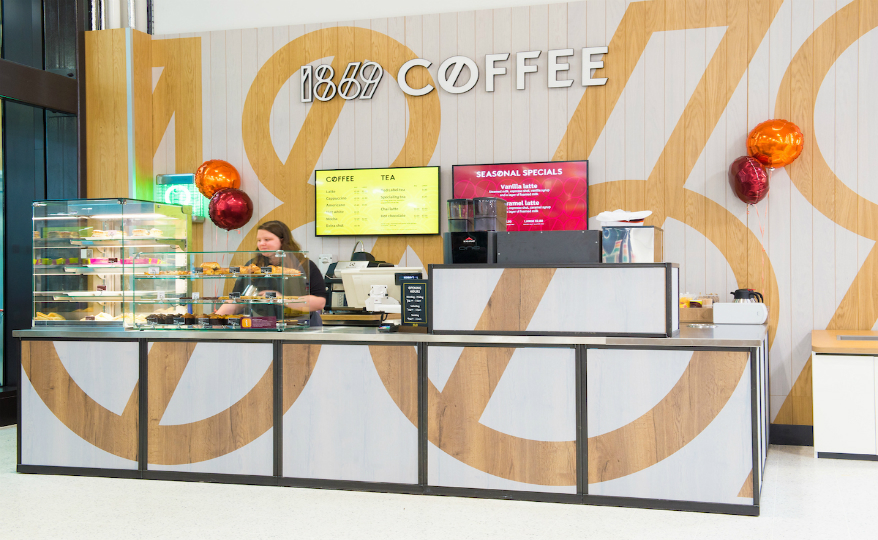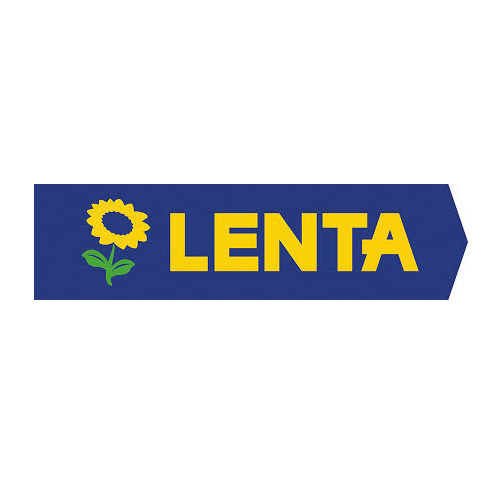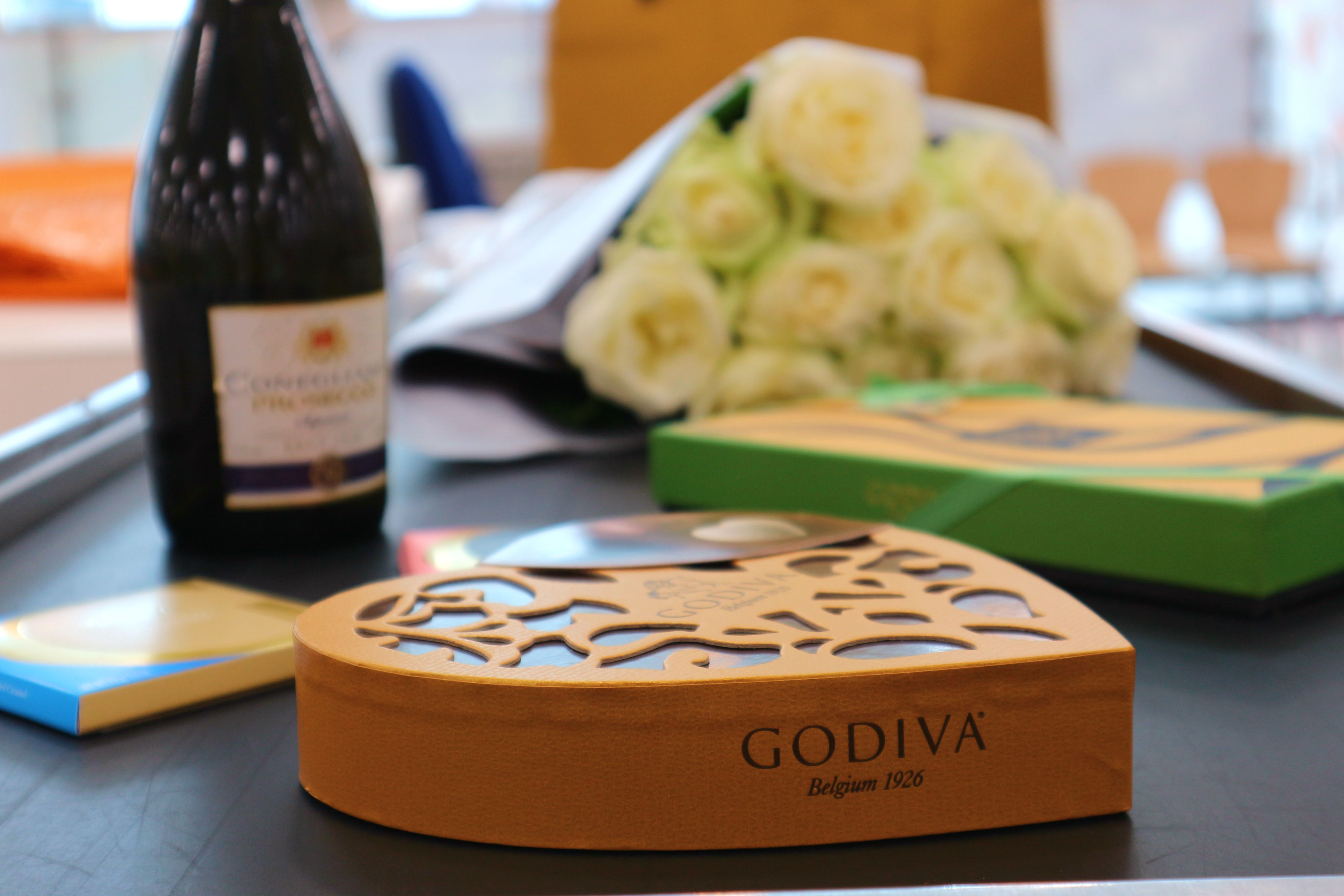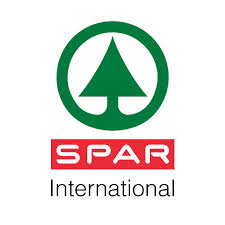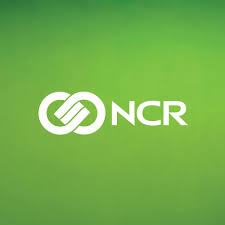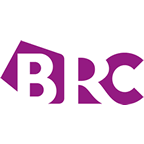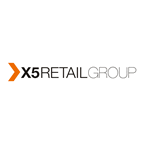Sainsbury's trials new coffee bar in its supermarkets
Sainsbury's is branching into the coffee-to-go market by trialling a new coffee bar at the front of six of its supermarkets.
London, 2017-Dec-04 — /EPR Retail News/ — The bars, called ‘1869 Coffee’ in reference to the year that Sainsbury’s opened its first shop, enable customers to order Sainsbury’s Own Brand…
